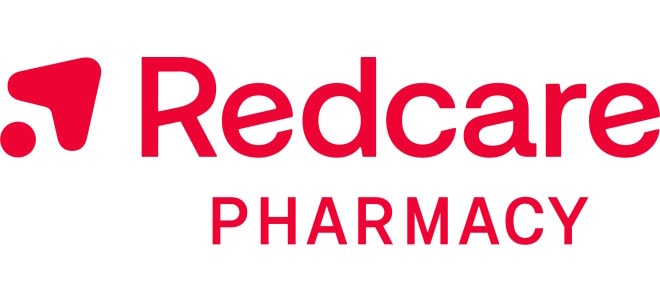es geht weg vom mais, und das günstiger und effektiver....
EPA Makes Sorghum an Advanced Biofuel Feedstock
by Debra Fiakas CFA
Like the Fairy Godmother in Cinderella, the Environmental Protection Agency has waved a wand and given sorghum a new dress and slippers. Sorghum has been designated as an eligible feedstock under the Renewable Fuels Standardsfor production of advanced biofuel. Only biofuels produced fro non-corn starch, sugar, or lingo-cellulosic biomass, which reduces carbon intensity by 50% or more from a gasoline baseline, qualify as 'advanced.'
Sorghum qualifies for advanced fuel status as the result of a 53% reduction in greenhouse gas emissions. The plant is hardy and requires grows with modest moisture conditions and requires little fertilizer. Indeed, in comparison to corn, sorghum requires one-third less water but produces an equal amount of ethanol.
As an advanced fuel, sorghum-based ethanol with benefit from higher prices. The prospect has ethanol producers salivating.Western Plains Energy in Kansas has indicated interest in as much as 17 million bushels of grain sorghum from farmers in the area and its facilities are being converting to methanol from natural gas as a production fuel source. The company is targeting 50 million gallons of ethanol that will qualify as 'advanced.' Pacific Ethanol (PEIX) announced that sorghum provided 30% of the feedstock used in third quarter 2012. The sorghum was sourced from farms in California.
Do not expect a sweeping conversion of ethanol plants from corn to sorghum. The preponderance of ethanol plants is located in the Corn Belt precisely because the corn is there. While there are a few sorghum fields in Iowa and Illinois, most of red grain is raised in the central and southern plains - Texas, Oklahoma, Kansas, Colorado, Nebraska and South Dakota. This means that for the time being the ethanol facilities in these states will likely be the sorghum lottery winners.
If I am right in this view, then there are likely a string of ethanol stocks that could get a boost for the development.Abengoa's (ABGOY) Bioenergy has plants in Kansas and Nebraska. In Nebraska is home to plants operated by Aventine Renewable Energy (AVRW) and Green Plains Renewable Energy
(GPRE) In South Dakota Valero's (VLO) Renewable Fuel produces as much as 12% of the one billion gallons of ethanol that is presently originated in the state. Two private producers,POET Biorefining and
Glacial Lakes Energy account for over half the state's output. The added value from the switch to sorghum could be the catalyst that enables POET's long-awaited public offering.
Debra Fiakas is the Managing Director of Crystal Equity Research, an alternative research resource on small capitalization companies in selected industries.
Neither the author of the Small Cap Strategist web log, Crystal Equity Research nor its affiliates have a beneficial interest in the companies mentioned herein. |


 Thread abonnieren
Thread abonnieren

